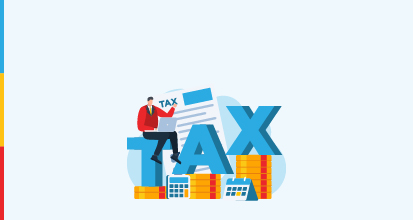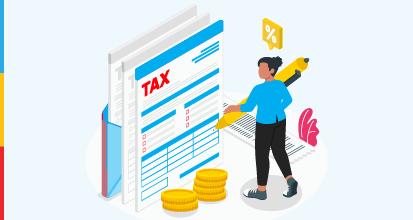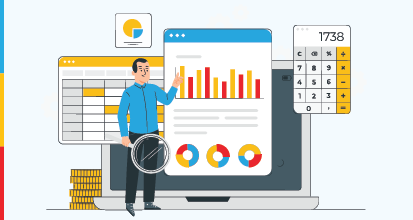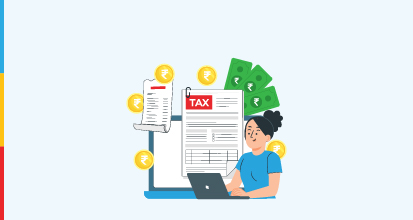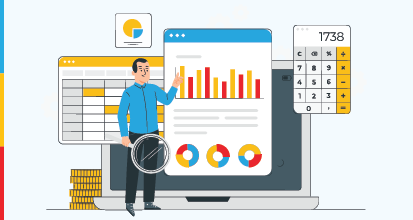- TDS: Mechanism where tax is deducted at the time of payment by the payer and deposited with the government.
- Form 26AS: Consolidated tax statement issued by the Income Tax Department that shows details of tax deducted, collected, and paid.
- Chapter VI-A: Deductions under the Income Tax Act, like Sections 80C, 80D, and 80G, help taxpayers reduce their taxable income.
2025-04-25
84 Views
6 minutes read
Share







